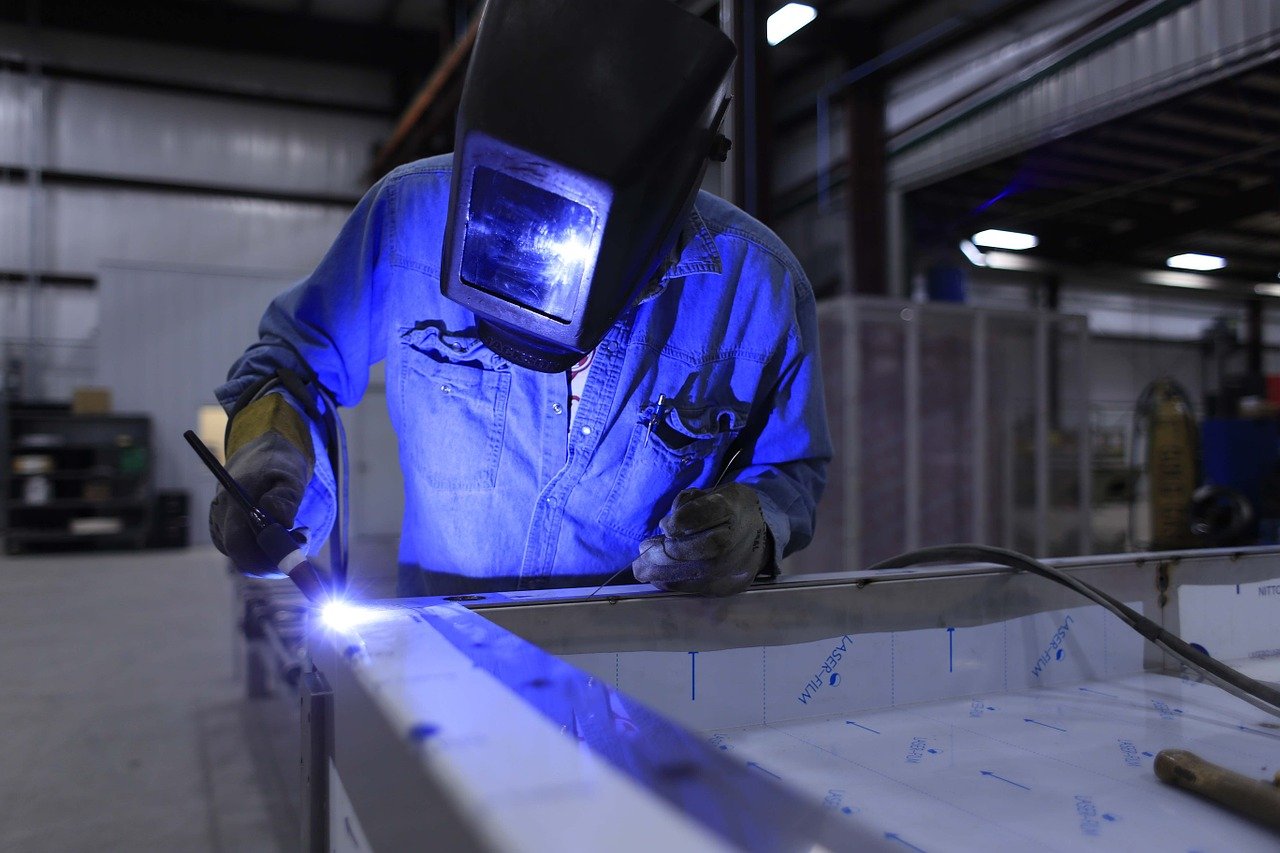How to Start a Welding Business
It’s no secret that some businesses seem more recession-safe than others. One example of a “safe” company is welding because there’s always a need to fabricate or repair metal for various applications. Welding is also a specialist skill and one that takes a lot to master.
If you’re a skilled welder and have an entrepreneurial spark that you wish to ignite, it can make sense to start a welding business. But, how should you launch such an enterprise, and what do you need to do before you can start offering your services?
Decide if You’re Opening a Shop or Going Mobile
The first thing you must do is think about whether you’re going to open a fabrication shop or offer mobile welding services. As you can imagine, there are pros and cons to both options, so you should think about which one will ideally suit your needs.
For example, a fabrication shop lets you tackle all types of projects from the safe confines of your premises. However, you could potentially earn more money by welding on-site for your customers, especially if you need to weld marine vessels or fixed structures.
Set Up Accounts With Materials Suppliers
You will undoubtedly need a lot of materials like welding supplies and sheet metal to operate your business. The former is something you can probably order online and have delivered to you, but the latter you will likely need to arrange or pick up in person.
If you need things like plate steel, it might be worth contacting the Calibre Steel office or a similar business to determine how the ordering process. Setting up accounts with suppliers makes it easy to order items and even get the things you need cheaper.
Buy the Equipment You Need
It’s easy for anyone to say, “all you need is a welder,” but there is quite a lot of equipment you need to purchase. Firstly, you need to consider which types of welders you want to use for your work, such as arc, MIG, TIG, and so on.
Next, you must think about the safety equipment required, like gauntlets, visors, safety goggles, and fire extinguishers. Lastly, you’ll need a selection of tools like brushes and an angle grinder to clean up your welds and prepare them for painting or powder coating.
Get Insured
The last thing you want to happen is for someone to sue you because they feel you did a bad job on their project. That’s why you must have the right level of insurance cover in place, such as professional indemnity insurance.
If you plan on hiring people to work for you, employers’ liability insurance is also essential. Public liability insurance covers visitors to your premises in case they injure themselves in some way.
Register Your Business
Finally, before you get started, it makes sense to register your business with the appropriate tax authorities. Doing so means your business can get taxed correctly, and it formalizes the launch of your new enterprise.

